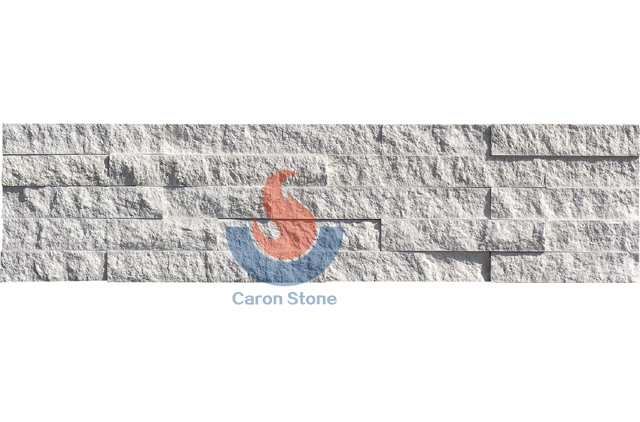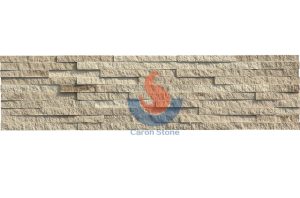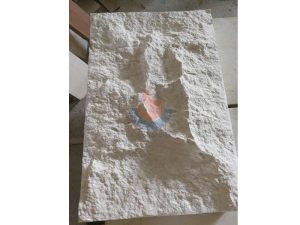
Durability Of Limestone: Why It Is The Material Of Choice For Historical Buildings -
Limestone, as an ancient and classic building material, has a long history and is widely used in historical buildings and cultural heritage around the world. From the Parthenon of ancient Greece to the pyramids of ancient Egypt to contemporary building projects, limestone has been favored by engineers and architects with its special physical qualities and aesthetic appeal. This article will explore the durability of limestone in depth, analyze its unique advantages in construction, and explain why it can become the material of choice for historical buildings.

Portuguese Beige Limestone Splitted Culture Stone
Basic properties of limestone
One type of sedimentary rock mostly made of calcite (CaCO₃) is limestone. It developed in lakes or ancient seas and gathered by biological activity and chemical precipitation. Due to the abundance of its raw materials and the convenience of mining, limestone is widely used in the construction field. It is a perfect building material because of its great wear resistance, simple processing and good physical qualities.
Durability factors of limestone
Chemical homogeneity
limestone’s chemical composition is mostly calcite, hence this material has good chemical stability. Most acidic compounds are insensitive, hence limestone can stay steady across a range of environmental circumstances. In urban pollution or acid rain situations, for instance, limestone will not break down quickly because of the erosion of acidic compounds.
Weathering resistance
Limestone’s weathering resistance is great. Although it may show slight weathering after long-term exposure to the natural environment, its overall structure is relatively strong and can effectively withstand wind and rain. Limestone’s weathering resilience helps it to keep the building stable and beautiful for a long period.
Good processing performance
limestone’s simple processing lends it significant architectural design versatility. It can be cut in a variety of forms and sizes; the processing technique is rather straightforward. This feature allows limestone to meet various architectural design needs and show its elegant appearance during the construction process.
thermal stability
Limestone has high stability at high temperatures and can withstand certain thermal stresses without significant changes. This enables limestone to adjust to ambient conditions including significant temperature fluctuations, such as brought about by major climate change and fire. In ancient structures, this thermal stability is crucial to guarantee the structural safety.
History proves
The strongest evidence of limestone’s longevity is the abundance of old buildings. Showing the long-term resilience of limestone in building, the pyramids of ancient Egypt, the Pantheon of Rome, and mediaeval churches still survive today. Its long history not only proves its physical durability, but also shows its important position in the history of architecture.
Application of limestone in modern architecture
Although limestone played an important role in ancient architecture, it still plays an important role in modern architecture. Because limestone’s inherent beauty and texture are so evident, modern builders and designers sometimes pick it as a building facade or ornamental element. Furthermore making limestone a perfect choice in green buildings is its environmental friendliness and sustainability at the same time.

Split face white limestone 30×15
In conclusion, limestone has become the material of choice for historical buildings due to its chemical stability, weathering resistance, good processing properties and thermal stability. Its durability has not only been proven in ancient times, but is still widely used in modern buildings. The unique properties of limestone enable it to maintain the stability and beauty of buildings under a variety of environmental conditions, demonstrating its irreplaceable advantages as a building material. Whether in historical sites or modern buildings, limestone will continue to be a classic and reliable building material, demonstrating its eternal value and irreplaceability.




